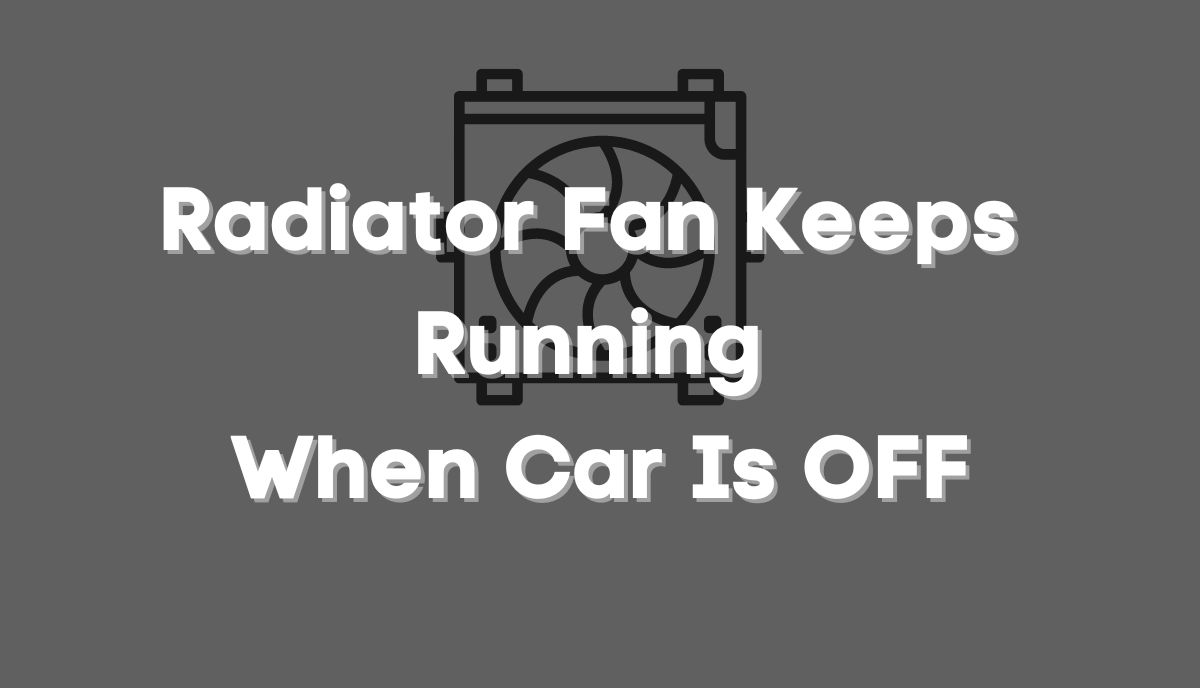The radiator fan keeps running when the car is off because of low coolant, erroneous data from the coolant temperature sensor, broken wires, damaged relay switch, and defective ECU.
Engines use small explosions to generate the energy that moves a car. That combustive process produces heat. Without a cooling system, the heat would destroy the engine and its related components. This paper in the International Journal of Recent Technology and Engineering found that roughly 30 percent of an engine’s energy becomes heat for the cooling system to remove.
That is a considerable amount. The coolant is the most critical aspect of a cooling system because it circulates through the engine, collecting heat along the way. While it has a higher boiling point than water, coolant has its limits.
It can’t absorb the engine’s heat indefinitely. More importantly, the coolant doesn’t possess a means of naturally dissipating the heat it collects. This is why modern vehicles include sensors that track the coolant’s heat.
Once it crosses a threshold, the sensor tells the vehicle’s ECU, activating the radiator fan. The fan cools the coolant by pulling air from the atmosphere through the radiator. But surely, the fan is only necessary while you drive.
Doesn’t the component stop once the engine goes off and you pull the key from the ignition? Not necessarily. Keep the following in mind:
- How fast are you driving?

Believe it or not, the radiator fan doesn’t run at 30mph or above. At that speed, air from the atmosphere can flow through the radiator without the fan’s assistance. In fact, at higher speeds, the atmospheric airflow is more efficient than a radiator fan.
The fan only matters when you slow down, park, or idle. Air cannot flow through the radiator in a parked car without a spinning radiator fan. Linda Gaines from Argonne National Laboratory has noticed that many drivers prefer to idle their vehicles as opposed to shutting the engine down in traffic or when they stop in a park at school to pick up their kids.
They expect the practice to save fuel even though research shows that shutting the engine off reduces emissions. Either way, idling the car elevates the temperature. The engine relies on the fan in a stationary vehicle because of the limited airflow.
More importantly, shutting the engine down won’t magically dissipate the heat. Keep in mind that your car’s coolant would have stopped flowing by then. The ECU will tell the radiator fan to keep running in response to the hot air and coolant.
You’ve probably seen cars that continue to hum after you remove the key from the ignition, almost as if the engine is winding down. The purpose is to extend the engine’s lifespan.
Therefore, the answer is yes. A radiator fan running when the car is off is normal. The ‘No’ enters the equation when the fan continues to run for longer than expected.
Identifying Instances Where The Radiator Fan Running When The Car Is Off Is Abnormal
The duration is the deciding factor. A fan in an overheated engine will continue to run for several minutes after you shut the car down. A fan that continues to run for longer than the average duration should concern you. Such incidents are usually instigated by one or more of the following factors:
- Low Coolant
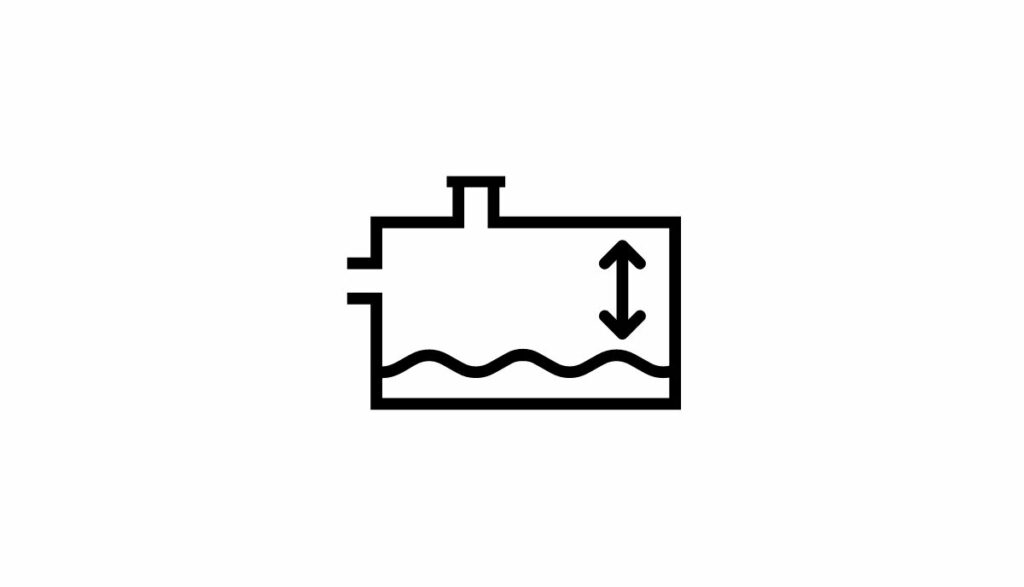
Low coolant levels encourage the engine to overheat because the coolant cannot absorb the engine’s heat in sufficient quantities. While coolant moves through a closed system, it can still escape because of leaks. The radiator will run for longer periods than you expect because of the excess heat.
- Erroneous Data From Coolant Temperature Sensor
The ECU tells the radiator fan to turn on after receiving a signal from the sensor. Without the sensor, the ECU cannot track the coolant’s temperature. The ECU can compel the fan to run continuously, even after you turn the engine off, because of erroneous data from the sensor.
- Broken Wires
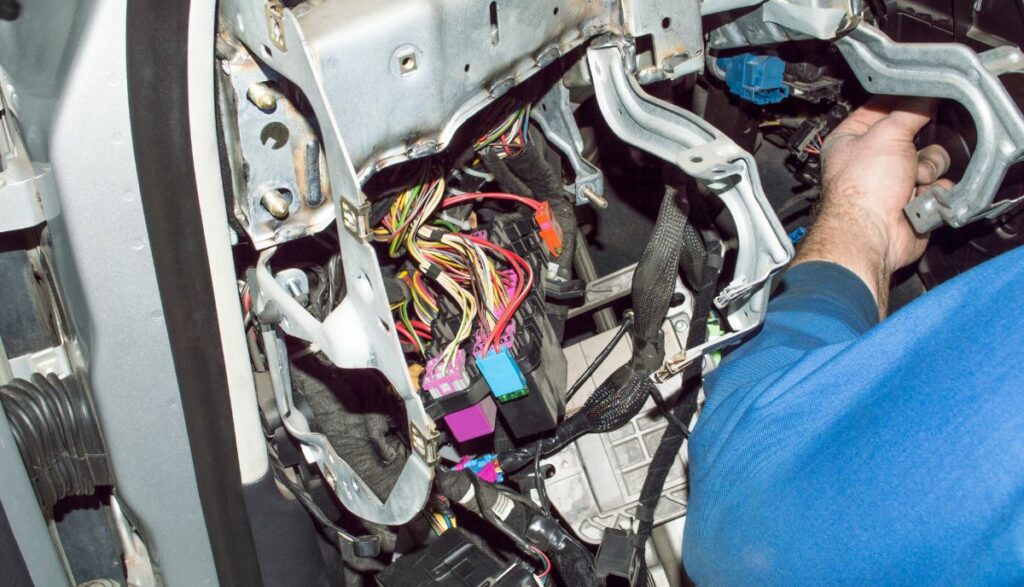
If a visual inspection or resistance test rules out the temperature sensor as a potential culprit, consider the wiring. Loose connections and broken wires may explain the unreliable signals moving between the sensor, ECU, and radiator fan.
- Damaged Relay Switch
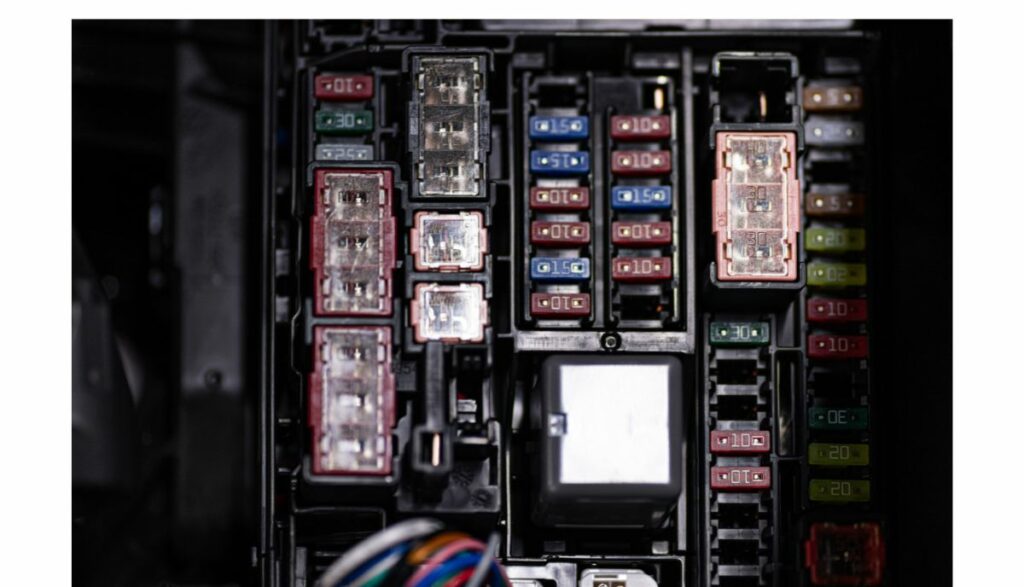
A fan can run continuously because a relay switch is stuck in the ‘on’ position. Relays can stick because of factory defects, old age, and short circuits.
- Defective ECU
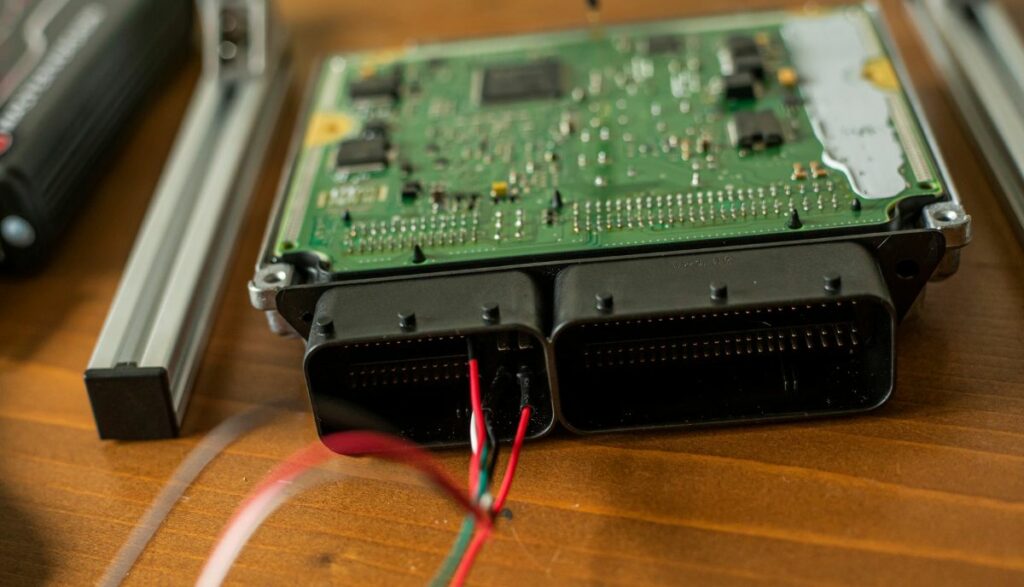
ECUs usually last the vehicle’s lifetime. It can take 100,000 miles or more for these parts to develop notable malfunctions. But that doesn’t mean they are infallible. Toyota recall in 2022 that affected 460,000 because of an ECU software problem.
Even if you rule out factory defects, ECUs can fail earlier than expected because of water damage, software glitches, and surges, to mention but a few. If a bad ECU tells the fan to run continuously, the fan must obey.
Admittedly, it isn’t enough to determine why the fan has refused to stop. Fixing the problems noted above is secondary. You must start by stopping the fan, an objective you can achieve using the following steps:
- If you pulled the key from the ignition and left the car, go back and put the key back in the ignition. Start the engine briefly before turning it off again. Activating the ECU will reset any relays and switches stuck in the wrong position.
- If this option fails, remove the fan relay. This will stop the fan permanently. It won’t work until you restore the relay. The manual will show you where to find the relays and how to identify the fan’s relay.
- Open the hood and disconnect the negative cable from the car battery. This option is guaranteed to work because it kills the car’s power. Without a power source, none of the electronics will work. The reset may fix firmware glitches.
How Long Should Car Fan Run After Off?
An overheated engine cools within thirty minutes. But that is a minimum estimate. A mechanic may wait a few more minutes before opening the hood to inspect the engine. A radiator fan that keeps running after the engine shuts down won’t work for that long.
Under ideal circumstances, it will spin for an additional five minutes or less because of the heat in the engine and radiator. Fans that run for ten or more minutes are not unheard of. However, such occurrences are rare and should concern you. The exact duration will depend on the following:
- Engine Temperature
The hotter the engine and radiator, the longer the fan will run. This is because the fan cannot stop until temperatures fall below a particular threshold. Naturally, a defective sensor will force the fan to run longer than necessary. Mechanics will make the sensor and ECU their first stop.
- Air Conditioner
A fan may continue to spin because of a running climate control system. You may confuse the engine fan that cools the AC gas for the radiator fan.
What Are The Impacts Of Radiator Fan Running When Car Is Off?
A layperson expects a radiator fan that runs continuously (when the car is off) to wear out. Their biggest concern is the cost of fixing or replacing the radiator fan. And that worry is valid.
However, it ignores the impact a running fan has on the battery. The radiator fan uses the battery as a power source, especially when you shut the engine off. Usually, the alternator runs the electronics in a car. It will also charge the battery.
But the alternator cannot work when you turn the engine off. This is problematic because a fan that runs after the car stops will drain the battery.

